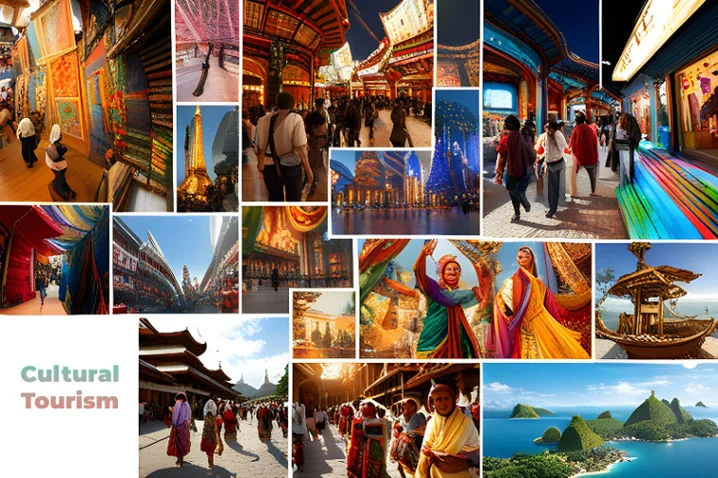News Blast Hub
Stay updated with the latest news and insights.
Traveling Through Cultures: A Passport to Adventure
Explore vibrant cultures and hidden gems around the world – your ultimate passport to unforgettable adventures awaits!
Exploring Authentic Cuisines: A Culinary Journey Through Cultures
Embarking on a culinary journey through various cultures unlocks a treasure trove of authentic cuisines that tell stories of heritage and tradition. Each dish, prepared with unique ingredients and techniques, offers a glimpse into the history and values of its people. Exploring authentic cuisines means savoring the flavors that have been passed down through generations, from the spices of Indian curries to the delicate balance found in Japanese sushi.
As you explore these diverse culinary landscapes, consider creating a lasting impact by engaging in cultural exchanges. Here are a few ways to deepen your experience:
- Participate in local cooking classes to learn traditional recipes.
- Visit open-air markets to discover local ingredients.
- Share meals with local families to understand their food culture.

10 Must-Visit Destinations for Cultural Immersion
Traveling is not just about visiting new places; it's about immersing yourself in the local culture. Here are 10 must-visit destinations for cultural immersion that will allow you to experience the richness of diverse traditions, histories, and lifestyles:
- Kyoto, Japan: Dive into traditional tea ceremonies and explore ancient temples.
- Marrakech, Morocco: Wander through the vibrant souks and experience local cuisine.
- Bangkok, Thailand: Engage in the bustling street life and visit historic Buddhist temples.
- Rome, Italy: Discover the layers of history and art in this timeless city.
- New Delhi, India: Experience the colorful festivals and diverse languages.
Continuing on our list:
- Havana, Cuba: Feel the rhythm of salsa music and appreciate the vintage architecture.
- Quito, Ecuador: Explore the rich indigenous culture and breathtaking Andean landscapes.
- Cairo, Egypt: Uncover the mysteries of the ancient pyramids and the Nile.
- Istanbul, Turkey: Experience a blend of East and West in this culturally rich metropolis.
- Athens, Greece: Walk through ancient ruins that tell stories from the birth of democracy.
These destinations offer a unique opportunity to not just visit, but to truly connect with the culture, making your travel experience deeply enriching.
How Travel Enhances Cultural Understanding and Empathy
Travel serves as a powerful catalyst for enhancing cultural understanding and empathy. When individuals step outside their familiar environments, they immerse themselves in diverse customs, traditions, and perspectives. This firsthand experience can challenge preconceived notions and stereotypes, enabling travelers to engage with local communities on a deeper level. Whether it’s through participating in traditional festivals or savoring authentic cuisine, these interactions cultivate a profound appreciation for the richness of different cultures and the shared humanity that connects us all.
Moreover, travel fosters empathy by allowing individuals to witness the realities of life in various parts of the world. As travelers explore different regions, they encounter the struggles and triumphs of people from different backgrounds. These experiences can be eye-opening, leading to a greater understanding of global issues and encouraging a sense of responsibility towards others. As travel broadens horizons, it ignites a desire to promote positive change, ultimately nurturing a more compassionate and interconnected world.